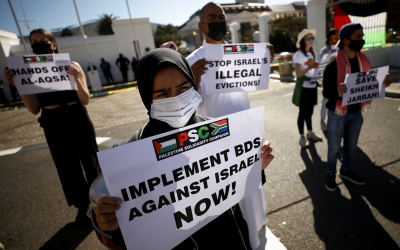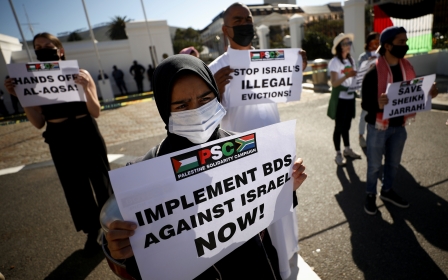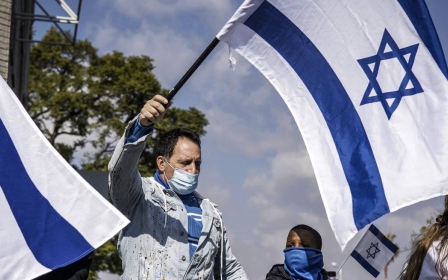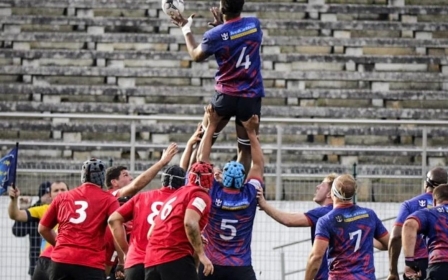UAE denies South Africa’s request to extradite Gupta brothers
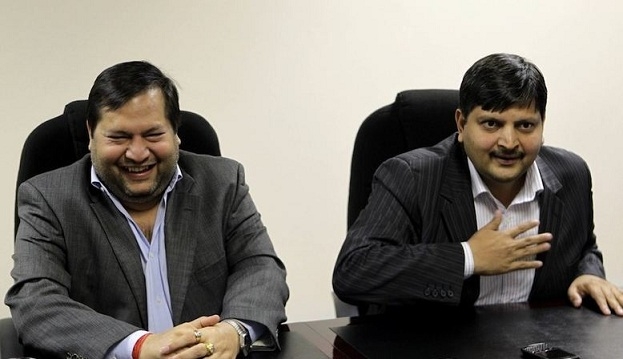
The United Arab Emirates has denied South Africa’s request to extradite two brothers from the wealthy Gupta family.
South Africa accuses Atul and Rajesh Gupta of working with former President Jacob Zuma to commit fraud and launder millions of dollars.
On Friday, South Africa’s Justice Minister Ronald Lamola confirmed the UAE had denied its extradition request. Abu Dhabi did not comment on the case.
Local media in South Africa said the UAE had decided not to extradite the brothers in February but only communicated its decision on Thursday to South Africa.
"The reasons provided for denying our request are inexplicable and fly in the face of the assurances given by Emirati authorities that our requests meet their requirements," Lamola said, according to local reports.
New MEE newsletter: Jerusalem Dispatch
Sign up to get the latest insights and analysis on Israel-Palestine, alongside Turkey Unpacked and other MEE newsletters
Lamola added that South Africa would appeal the decision.
Interpol request
Last June, the UAE arrested the Gupta brothers in Dubai after Interpol placed them on its most wanted list.
The UAE’s initial arrest of the Guptas raised hopes that South Africa could extradite the brothers.
But this new decision deals a significant blow to South Africa’s attempt to catch the Gupta brothers.
South Africa charged the Guptas with fraud and money laundering after witnesses told a judicial inquiry in South Africa that the brothers worked with Zuma to siphon money from the country’s power, transport, and arms companies.
Both Zuma and the Gupta brothers deny the claims.
The Zondo Commission took four years to be completed and found that under Zuma’s presidency, the Guptas had unprecedented access to power and were able to influence economic and political decisions in the country.
The corruption included using their influence with Zuma to win government contracts and influence ministerial appointments.
Zuma, elected in 2009, was forced to step down as president in February 2018 after claims of corruption sparked protests and calls for his resignation.
Middle East Eye delivers independent and unrivalled coverage and analysis of the Middle East, North Africa and beyond. To learn more about republishing this content and the associated fees, please fill out this form. More about MEE can be found here.


